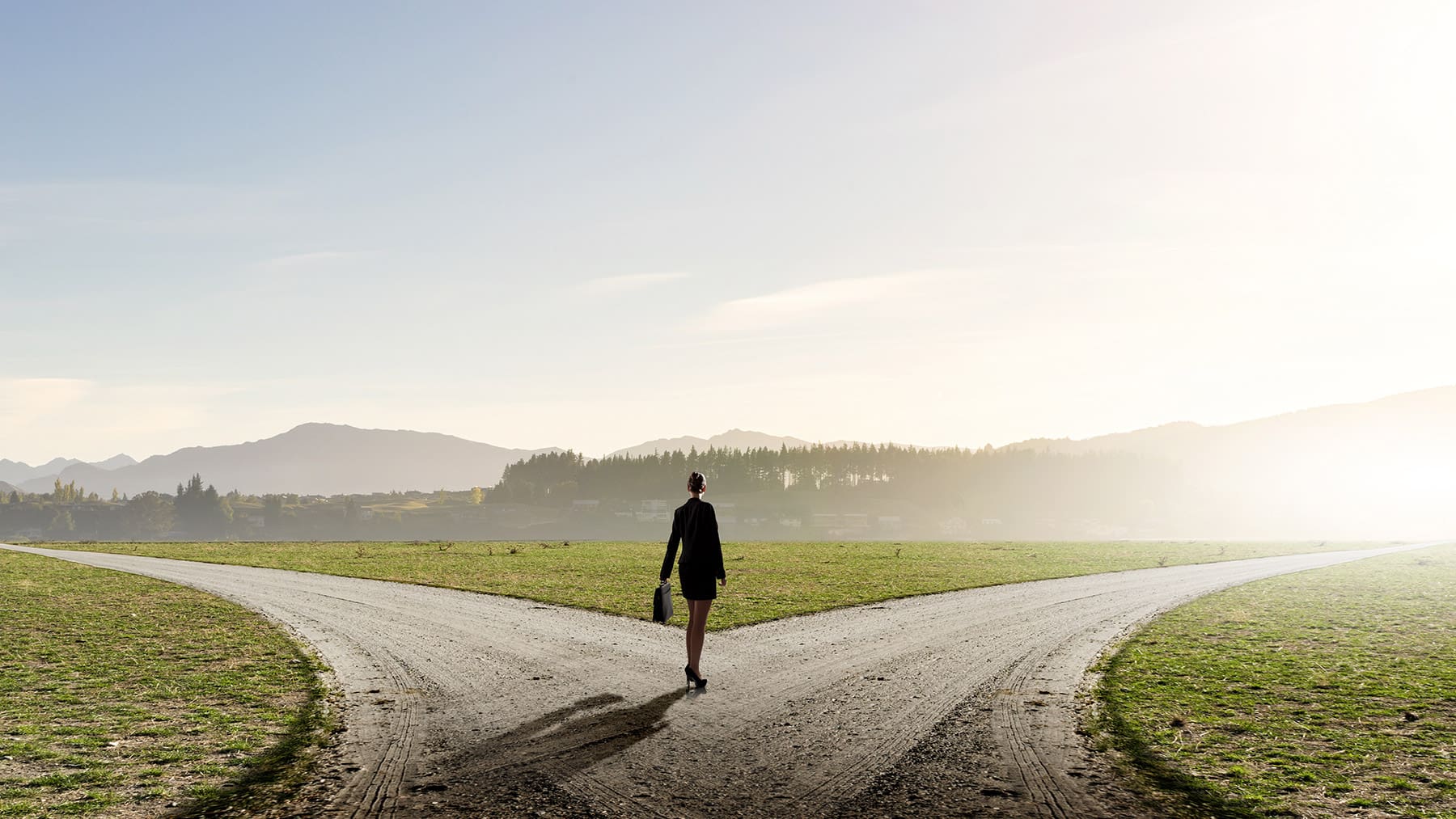 I have been following a thread on my LinkedIn group on strategy and change. At the same time, I am avidly reading the post-Sandy discussions about what to do for NYC and NJ after the horrific storm—an extreme weather event that is probably going to come again. Recently we’ve had Hurricane Irene in August 2011, a freak snowstorm two months later, and now Sandy in 2012…plus significant, ongoing increases in ocean levels over the past decade. At SAMC we often say, “If you want to change, have a crisis or create one.” The crisis is here but the human response may not be. Why is it so hard for people to change? Or to see what is happening and believe that global warming is here and is changing our environment?
I have been following a thread on my LinkedIn group on strategy and change. At the same time, I am avidly reading the post-Sandy discussions about what to do for NYC and NJ after the horrific storm—an extreme weather event that is probably going to come again. Recently we’ve had Hurricane Irene in August 2011, a freak snowstorm two months later, and now Sandy in 2012…plus significant, ongoing increases in ocean levels over the past decade. At SAMC we often say, “If you want to change, have a crisis or create one.” The crisis is here but the human response may not be. Why is it so hard for people to change? Or to see what is happening and believe that global warming is here and is changing our environment?
No more denying reality
As Dylan Stableford wrote in Yahoo! News─The Lookout about the challenges of seeing “reality” amidst the facts: “’There has been a series of extreme weather incidents,’” New York Gov. Andrew Cuomo said on Tuesday after assessing the catastrophic damage left in the superstorm’s wake. “’That is not a political statement—that is a factual statement. Anyone who says there’s not a dramatic change in weather patterns, I think, is denying reality. There’s no such thing as a 100-year flood. We have a 100-year flood every two years now.’”
America’s most dangerous threat is not from terrorists
The Times of India, the world’s largest-circulation English-language daily, wrote that Sandy would serve as a sobering reminder of climate change. ”The eastern seaboard of the United States is under attack. Not from Iran, Cuba, North Korea, Venezuela, Libya or any of the usual suspects. The offender assaulting the world’s only superpower is a hurricane, bearing the innocuous name Sandy.”
Some question climate change as a contributing factor
But Fox News isn’t quite sure: “The ingredients of this storm seem a little bit cooked by climate change, but the overall storm is difficult to attribute to global warming,” Canada’s University of Victoria climate scientist Andrew Weaver said.
The Brain hates change
Darwin didn’t say it but he could have: “It isn’t the smartest or the strongest that survive…it’s the most adaptive.” I often start my Change Matters workshops on that note, and follow with what we have learned from the neurosciences: that “The Brain hates Change.”
We know we can change, we just fight it tooth and nail the entire way until we finally see that the new is better than the old, then we celebrate how smart we are.
But as we look at the response to Sandy (similar to Katrina) and the statistics on the billions of dollars of damage from natural disasters just this past decade, it becomes very clear that we are going to have to change. Global warming is changing everything and it may be far too late to go backwards.
Change is unavoidable whether we admit it or not
So, how to change? Following the thread in the LinkedIn discussion, one might think it is just not going to happen. But unavoidably, it is going to happen. Whether we do it intentionally or in response to chaos, we have to change.
Whether it is better or not might be the right question, but things are going to change. We had a crisis. We must do better than just not adapt. We are living in the fastest-changing period of time ever imagined. Maybe we need a little more collaboration and creative thinking before we have a crisis again, because you know one is going to come.
Consider:
• The electric grid is going to have to stop putting the wires back up only to watch the winds and trees take them down again. Maybe it is time for underground electric cables?
• Hospitals, such as NYU Langone and Bellevue, that were built in another time are going to finally have to invest in their infrastructure and get their power systems up to snuff for future hurricanes that may be coming faster than they can respond. Maybe they can be pilots for best practices and show us how to protect patients in really innovative ways.
• The buildings in lower Manhattan might have to push for new ways to get generators above the second floors — those second floors that defied the rules and flooded.
• Maybe we have to look at the Netherlands and mimic their sea walls for the next 500 year storms.
• And what about those homeowners who build and rebuild on the beaches. Great views —and great costs every time they are wiped away. Perhaps we stop living on the beaches and just enjoy their beauty and conserve them?
“The times, they are a-changing” went the Bob Dylan song of the 1960s. Boy, are they ever.



